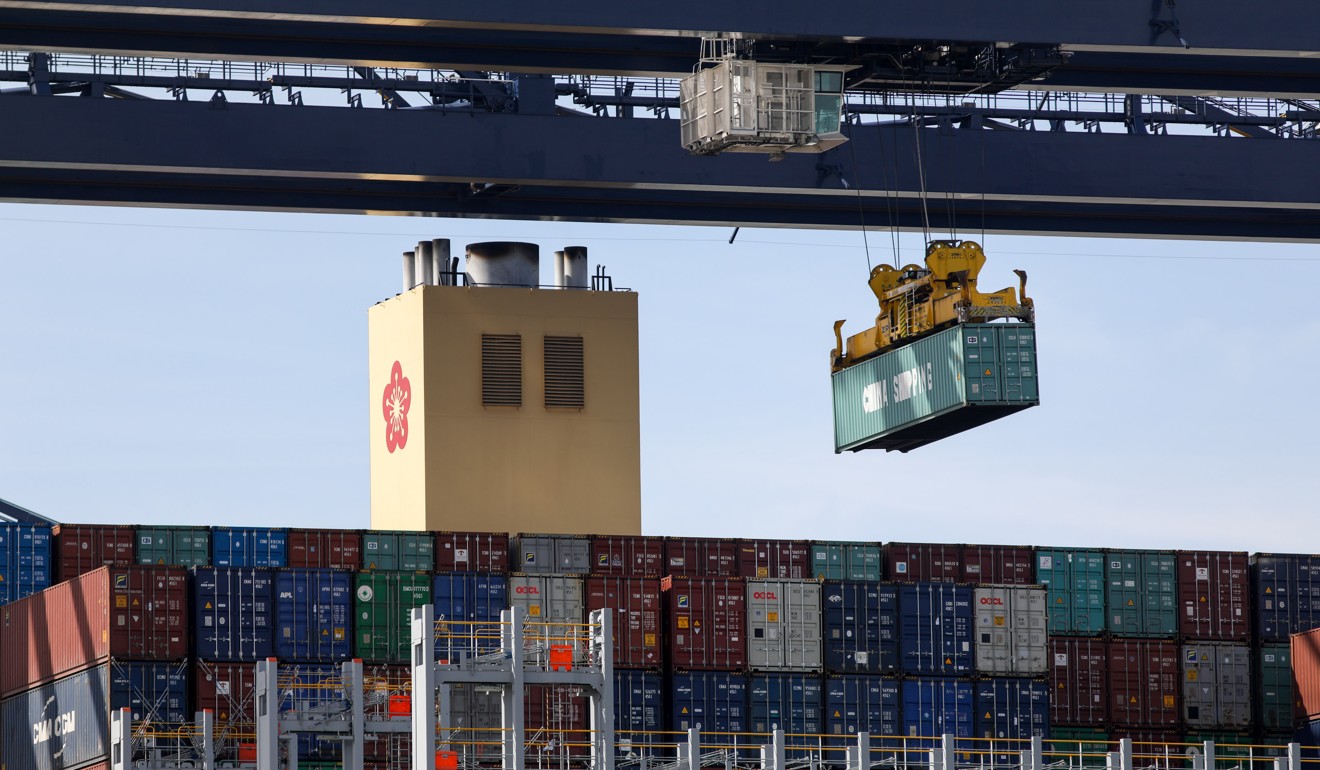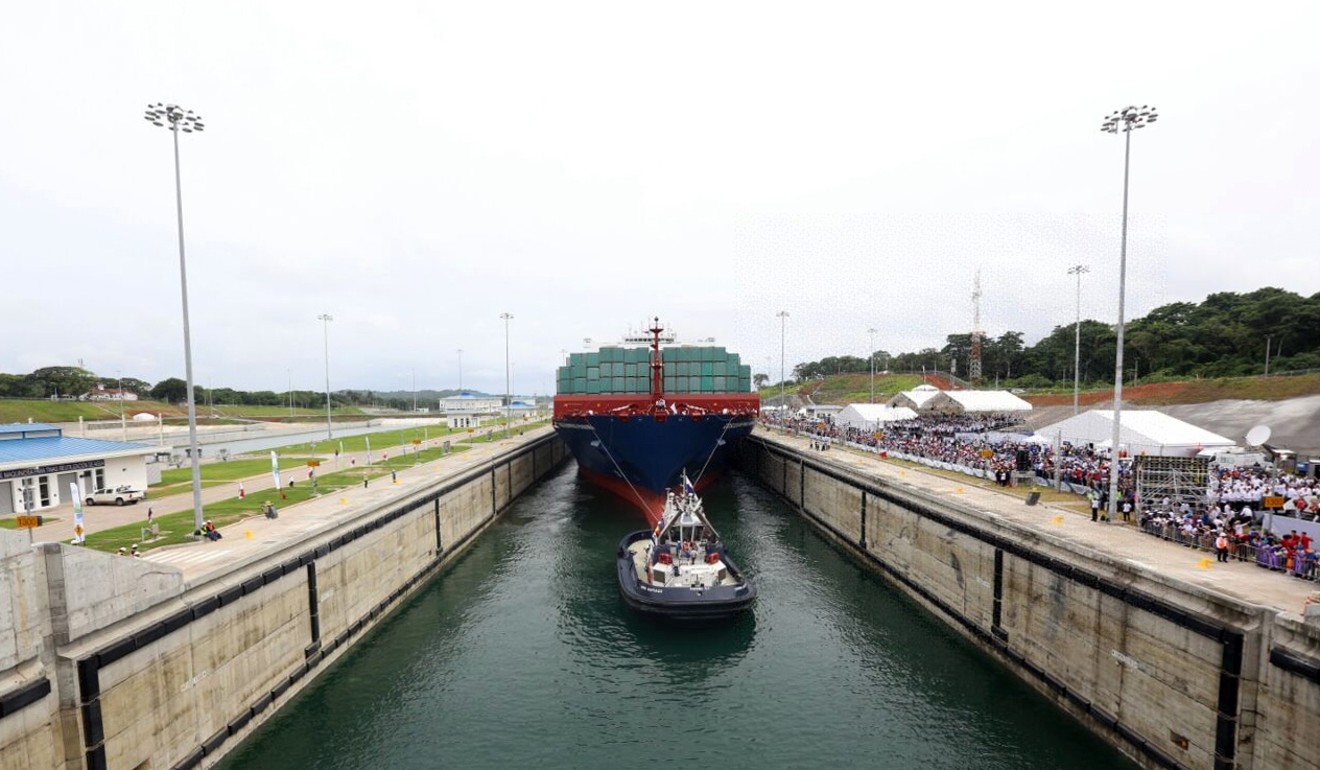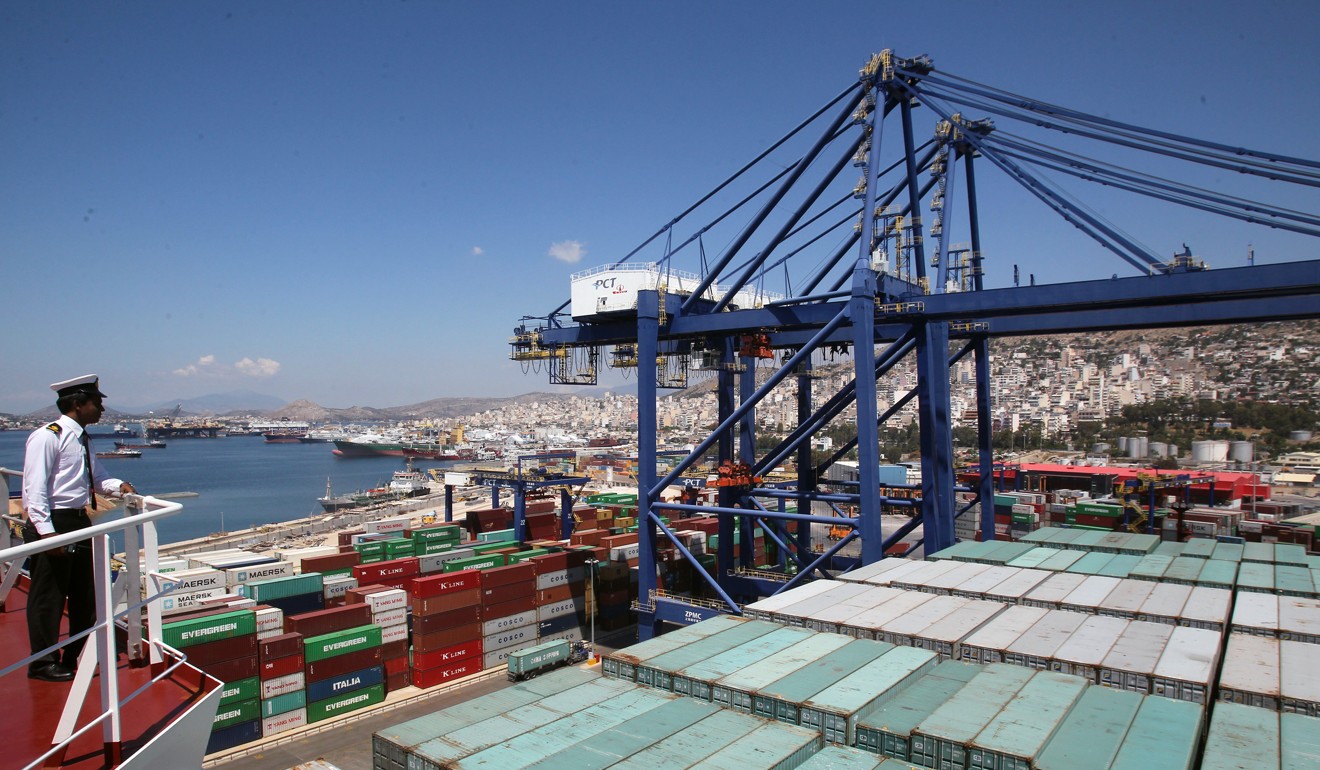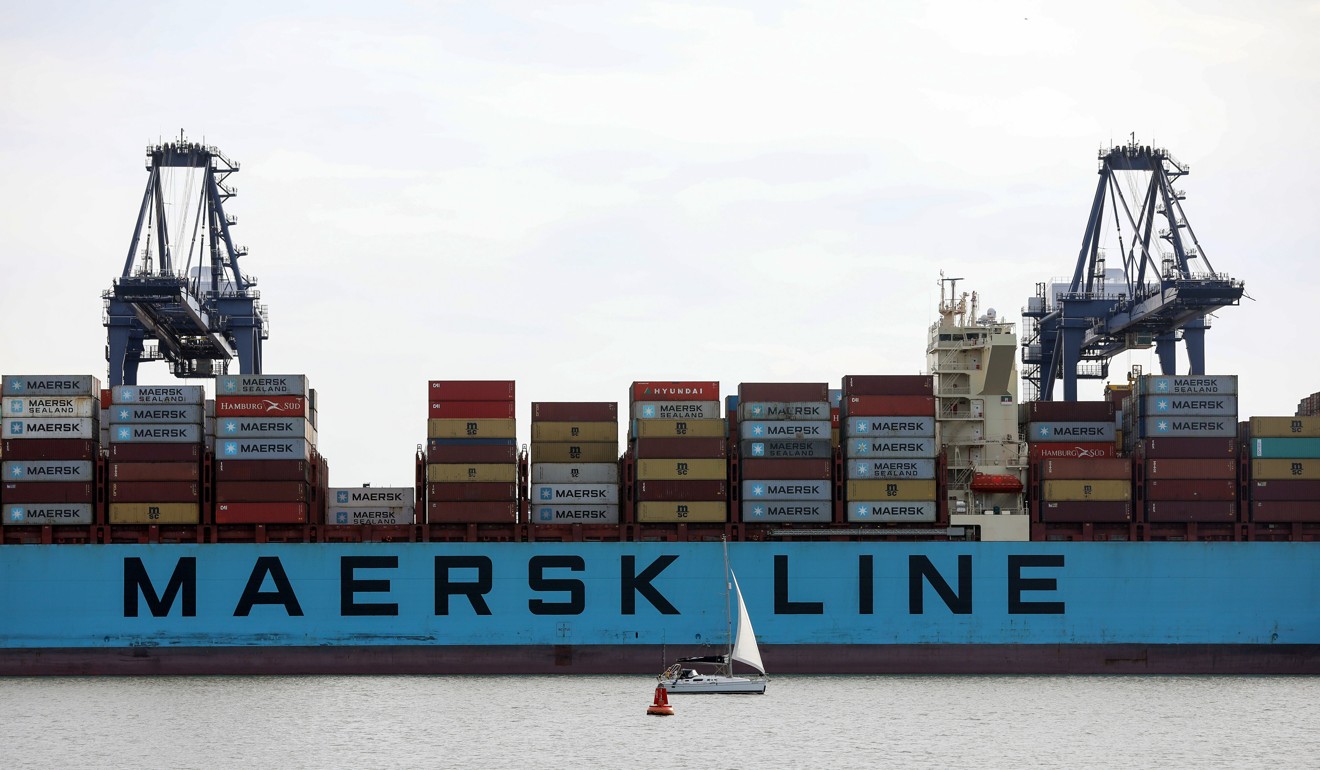
Leading think tank puts China ahead of Asian rivals in ensuring food security
China stands out among food importers in securing its global food supply, prevailing against a challenge faced by many nations that can lead to political instability, according to a report by London-based think tank Chatham House.
Compared with other food importers, including wealthy countries such as South Korea, Japan and Saudi Arabia, China had been much more proactive in reducing its food-trade risks by investing in overseas infrastructure and diversifying its supply routes, the report said.
The report assessed risks posed by 14 “choke points” – such as climate change – in the global food supply chain for dozens of major food-importing countries and regions.

Food security, it argued, is a strategic resource and significant in maintaining domestic political stability. For example, protests in 61 countries and riots in 23 countries accompanied the 2007-08 global food price crisis. In late 2010 and early 2011, a climb in food prices contributed to protests in North Africa – one of the world’s major wheat-importing regions – that eventually erupted into the Arab Spring.
The series of protests, which later led to the collapse of a handful of regimes, underlines the importance of food security in domestic politics, although many other factors also led to the uprisings, according to report author Laura Wellesley, a research associate at Chatham House specialising in food security.
“There was already social discontent building up, but we could see many of the initial protests were about the price of bread, which was directly linked to the price of wheat and a harvest failure in the Black Sea,” Wellesley said.
The report said importers faced choke points interrupting food supply, including climate change, armed conflict, terrorism, workers’ strikes, corruption and bureaucratic insufficiencies. A food importer’s risks are determined by its share of imports that pass through those congestion areas and its ability to bypass them.
For example, although almost 87 per cent of China’s grain and fertiliser imports are shipped through at least one maritime choke point, only 4 per cent pass through choke points for which no alternative route exists.

China’s situation was set against that in South Korea and Japan, countries dealing with no more than three significant choke points but for which maritime challenges remain significant.
Just under three-quarters of Japan’s maize and wheat imports pass through the Panama Canal, and one-third of South Korea’s wheat and maize imports pass through the Suez Canal, the Strait of Bab al-Mandab and the Strait of Malacca.
But China’s increasing reliance on international markets has also made it vulnerable to food security risks, according to the report. Its rapidly growing demand for imported soybeans has important ramifications for trade through the Panama Canal and the Strait of Malacca – two gateways linking China with North American and South American soybean producers. Demand is expected to rise in the coming years.
However, China has done more than others to secure its global food supply. State-owned China National Cereals, Oils and Foodstuffs Corporation has become one of the world’s largest grain traders. It focuses on establishing globally integrated supply chains while seeking acquisitions in storage and export infrastructure in crop-producing regions in North America, South America and the Black Sea.

Infrastructure projects under China’s ambitious integrated globalisation strategy, known as the “Belt and Road Initiative”, are also set to reduce its risks in food supply choke points. For example, China’s acquisition of the Kumport container terminal in Istanbul could help to bypass congested railways to the north of the Black Sea.
Beijing’s support for a freight railway and ferry service linking Ukraine via the Black Sea, the Caspian Sea and Kazakhstan with China will also likely further ease pressure on the region’s strained transport network, according to the report.
The report said a US$60 billion project to link Brazil’s Atlantic coast with Peru’s Pacific coast by rail could help re-route soybean shipments destined for China and bypass the Panama Canal.
China also has made itself less vulnerable to the impact of choke points than other nations by maintaining a policy of self-sufficiency in cereals, and feeding most of its agricultural imports to livestock rather than humans.

However, Beijing faced an emerging challenge with its reliance on the South China Sea to import food and energy, the report said. Territorial disputes could lead to an escalation of tensions and restrict maritime traffic.
While Beijing is investing heavily in global infrastructure to secure its supply chain for energy, minerals and food, it remained heavily dependent on major sea routes, said Shi Yinhong, director of American Studies at Beijing’s Renmin University.
“Most of those projects are not completed and will take a long time to [be finished], if they are completed at all,” Shi said. “We could say China has comprehensive plans to secure its supply system of strategic resources in the future, but it’s still heavily reliant on major sea lines at the moment.”
China is “mostly thinking of security in energy and mineral support, though the projects could also help secure food supply”, he said.
“Once those projects are completed, they will benefit everybody, though it might benefit China a little more, as the major contributor.”

